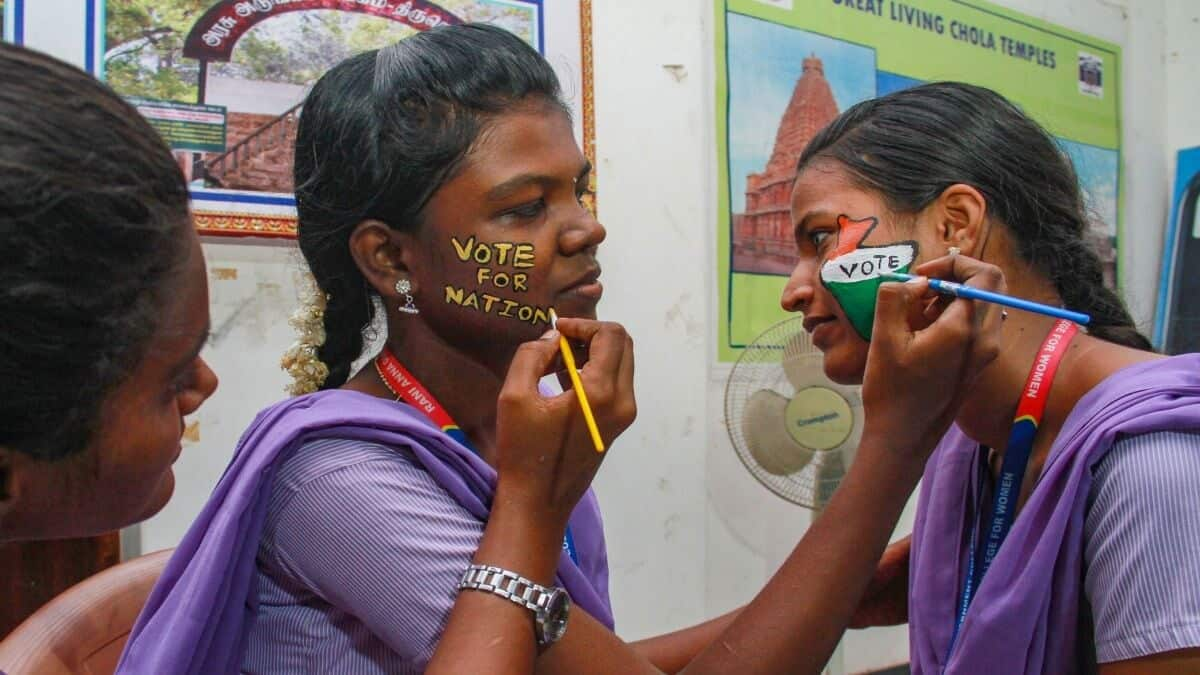
Explained: What is 'One Nation, One Election', how'll it work
What's the story
The Union Cabinet on Wednesday approved the "One Nation, One Election" plan, a key poll promise of the Bharatiya Janata Party (BJP). The proposal was based on recommendations made by a panel led by former President Ram Nath Kovind. The plan proposes simultaneous Lok Sabha and Assembly elections across India, with urban body and panchayat polls to be held within 100 days. Here's what you need to know about the proposal.
Cabinet approval
Cabinet approves 'One Nation, One Election' plan
The "One Nation, One Election" plan was approved by the Union Cabinet on Wednesday. This decision comes 101 days after the third Narendra Modi government came to power. The Bill is expected to be introduced in the upcoming winter session of Parliament. The BJP's key allies, including the Janata Dal (United) and Lok Janshakti Party, have already expressed their support for this plan.
Implementation phases
Implementation of 'One Nation, One Election' in 2 phases
Union Minister Ashwini Vaishnaw announced that the "One Nation, One Election" plan would be implemented in two phases. The first phase will cover Lok Sabha and Assembly elections, while the second phase will include local body elections within 100 days of the first phase. This proposal aims to streamline India's electoral process by holding national and state-level elections simultaneously.
Panel recommendations
Panel's recommendations
To recall, the "One Nation, One Election" plan is based on recommendations from a panel led by former President Kovind. The panel suggested that elections be held in two phases: first for Lok Sabha and State assemblies and 100 days later, local body elections to panchayats and municipal bodies. It also recommended a common electoral roll for all elections and single voter ID cards by the Election Commission of India (ECI), necessitating an amendment to Article 325 of the Constitution.
Mixed reactions
Support and criticism for 'One Nation, One Election'
The "One Nation, One Election" plan has received both support and criticism from various political parties. Prime Minister Modi has been a vocal supporter of this initiative since his first term in 2014. However, opposition parties like the Congress and the Trinamool Congress (TMC) have criticized the proposal. Supporters argue that it would significantly reduce election expenses, while critics fear it could undermine India's federal structure and lead to a "permanent election mode."